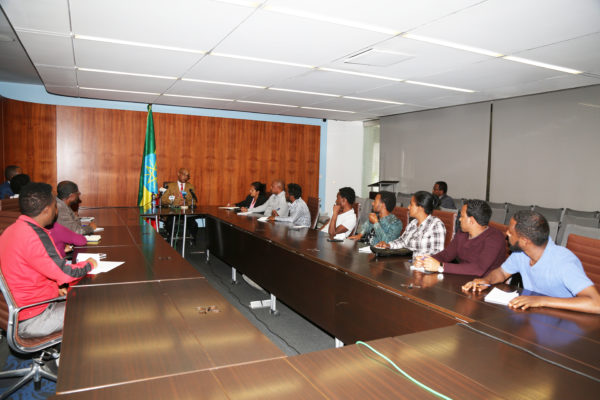Ethiopia’s Ministry of Finance has announced a tender for the construction of six solar plants with a combined capacity of 798 MW.
In a statement on its website, the Ethiopian government said the projects will be developed under a public-private partnership framework and will attract investment totalling around $795 million.

Image: Ministry of Finance of Ethiopia
The projects will be in the states of Afar, Somali, Oromia and Tigray, and will be part funded by the government.
The tender may be an expansion of the 500 MW solar plan the Ethiopian government is implementing under the International Finance Corporation’s (IFC) Scaling Solar program, an initiative under which the IFC is organizing reverse auctions for solar as well as providing financing and guarantees for investors to reduce funding risks.
Popular content
The exercise is Ethiopia’s third tender for large-scale solar. The first, issued by state-owned power company Ethiopian Electric Power (EEP) and won by Italian energy company Enel in October 2017, will bring online a 100 MW solar plant in Metehara, in Oromia, central Ethiopia. The second tender was issued by the EPP in October 2017 and intended the construction of two 125 MW solar facilities. For that procurement, the power utility pre-selected 12 developers in March last year. The first and second tenders were part of the Scaling Solar scheme.
Ethiopia’s energy strategy aims to deploy 300 MW of solar by 2020. The country has around 4.3 GW of installed power generation capacity, of which 3,810 MW is in the form of hydro installations, 324 MW wind, 7 MW geothermal and 143 MW of diesel. “It is one of the few countries in the world where the electric grid is nearly 100 percent supplied by renewable sources,” said the World Bank in a recent statement announcing $375 million support for the country’s Electrification Program. The lender, however, said only 34% of Ethiopia’s population has access to electricity, and the lack of power also affects basic services such as primary schools and health clinics. “This discrepancy – between abundant resources and unmet needs – points to the need for a radical new approach” the bank added.
This content is protected by copyright and may not be reused. If you want to cooperate with us and would like to reuse some of our content, please contact: editors@pv-magazine.com.



it good information but I need to help some document on ** potential contribution of solar PV energy in Ethiopia**